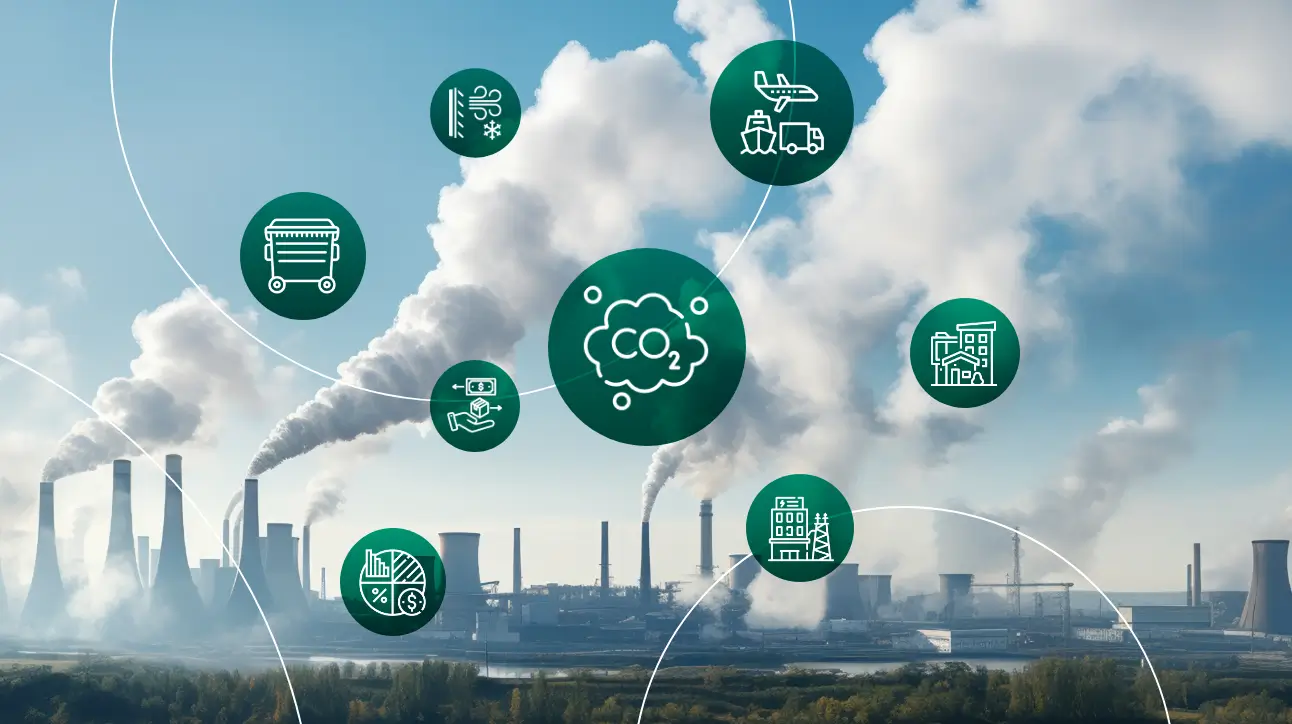
Best Practices Articles
Discover the latest ESG developments and insights useful for your sustainability journey.
Claim Your FREE 1-Hour Consultation with ESG Experts
Get exclusive access to a hands-on, expert-led review that helps you focus on what matters most: closing performance gaps and building confidence in your ESG reporting.
During your session, you’ll receive:
- A structured review of your existing ESG disclosures
- An overview of key gaps based on relevant standards and frameworks
- Insights on risks tied to missing or weak data
- Actionable steps to improve transparency and reporting quality
Certified Software for ESG Reporting 
We also support these ESG frameworks and local provisions:

















